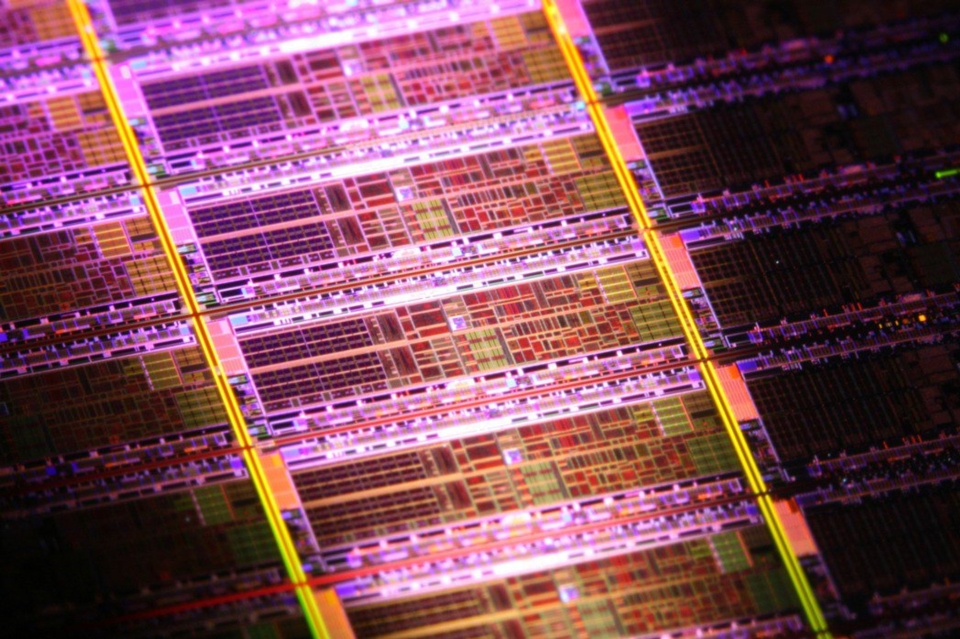All-Around Chip Shortage Impacts Auto and Semiconductor Sectors
2021/01/25 | By EDNDue to the COVID-19 pandemic, the global chip shortage has led to foreign government leaders imploring Taiwan's semiconductor industry's assistance, signifying Taiwan's crucial role in the automotive sector.
However, with TSMC's importance in the global production chain, experts indicate that the shortage will continue throughout Q1 and only resume prioritization for auto chips. While there are other companies capable of producing auto chips, Taiwan Institute of Economic Research (TIER) analysts reasoned that the reputation of TSMC's quality and reliability proved to be a significant factor in auto firms' decisions.
Since the end of 2020, reports of auto companies from the U.S., Germany, and Japan have approached the Taiwanese government to help procure auto chips from TSMC. More recently, foreign media reported that the German Economic Minister Peter Altmaier has also approached the Taiwanese government for assistance over the weekend.
While the Taiwanese Economic Ministry responded that they had not received related messages, the top economic government institution reconfirmed foreign companies seeking assistance since December 2020.
TIER researcher Liu Pei-jen said consumer electronics, IoT, and mobile device progression quickly ramped up amid the pandemic, as demand for high-processing devices skyrocketed. This led to companies quickly making orders with TSMC to ensure production and inventory. However, Liu pointed out that early lockdown and restrictions had stifled mobility, leading to auto firms to cut back on production. Demand only rebounded in Q3. However, by the time auto companies could resume business, previous orders had maxed out TSMC's production capabilities.
As Germany's significant role in the automotive industry is closely tied to the country and the greater European Union's economic revival, Liu reasoned this was likely the biggest factor behind the German economic minister's rare request.
The global chip shortage has also prompted the semiconductor industry to consider hiking up prices after Lunar New Year. Reports indicate United Microelectronics could increase prices as high as 15% and revealed the company had already informed 12-nm node clients that delivery would be pushed back almost a month due to capped-out production.
While impacted companies have declined to comment on the reported price hikes, they stressed that clients' demand had skyrocketed at the present stage.





